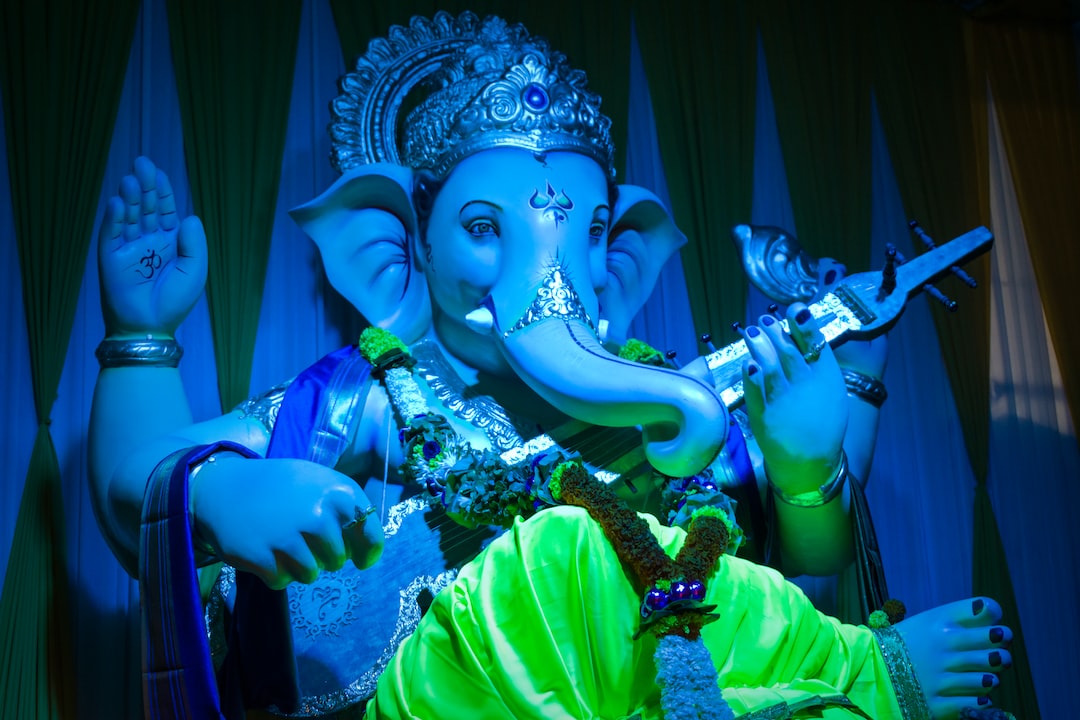Investigating the Relationship between Religion and Politics
Religion and politics have long been intertwined in human history. From ancient civilizations to modern societies, the relationship between these two seemingly separate realms has often been a topic of great interest and debate. It is an endeavor worth exploring, as it sheds light on the intricate dynamics shaping both religious and political landscapes.
At its core, religion serves as a belief system, providing individuals with principles, values, and moral guidance. Politics, on the other hand, aims to manage public affairs and govern society. While one might assume these two domains should remain distinct, the reality is that religion often plays a significant role in shaping political beliefs, policies, and behaviors.
One cannot overlook the powerful influence religion can have on political decisions. Religious communities often hold deeply rooted beliefs and strong commitments, which can shape their political preferences. This can be seen in instances where religious leaders or institutions publicly endorse or condemn certain political ideologies or policies. Their influence can sway the opinions of their followers and even affect electoral outcomes.
The relationship between religion and politics can also manifest in the formation of political parties or interest groups with a specific religious agenda. These groups, representing particular religious communities, aim to amass political power and push for policies grounded in their religious beliefs. They may lobby for the promotion of certain values, such as traditional family structures or restrictions on reproductive rights, using their religious conviction as a guiding force.
Moreover, religion can play a crucial role in political mobilization, inspiring and uniting individuals around shared religious identities and causes. History has witnessed numerous cases where religious movements, such as the Civil Rights Movement in the United States or the Solidarity movement in Poland, achieved significant political change through nonviolent means, driven by fundamental religious principles of equality and justice.
However, the relationship between religion and politics is not always a harmonious one. Conflicts can arise when religious doctrines clash with societal values or other religious beliefs. Such clashes can lead to social divisions, as seen in instances of religiously motivated violence or discrimination.
It is crucial to recognize that the relationship between religion and politics is multifaceted and varies across different contexts. In some countries, religion plays a more prominent role in public life, while in others, a clear separation of the two is prevalent. Understanding these variances is essential, particularly as societies become increasingly diverse, with the coexistence of multiple religions and belief systems.
In conclusion, investigating the relationship between religion and politics is an intricate and ongoing endeavor. Recognizing the influence of religion on political beliefs and behaviors is crucial for understanding the complexities of societal dynamics. By acknowledging this relationship and promoting an open dialogue, we can ensure that politics is shaped in a manner that respects the diversity of beliefs while upholding the principles of democracy and equality.
